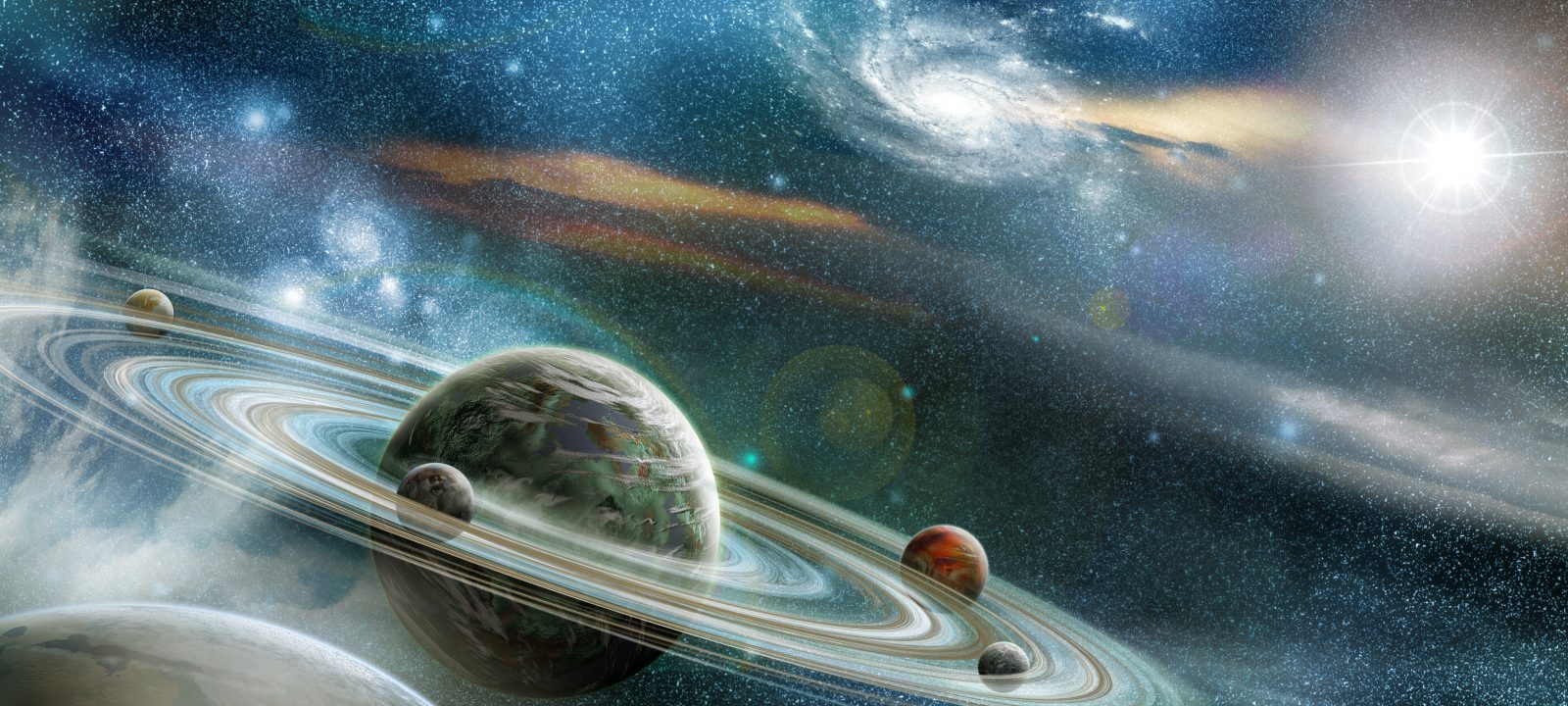


Children of Light — and Water — With Dr. Michael Denton

Michael Denton Explains How Light Sustains Human Life

Michael Denton on Predetermined Body Plans and Primal Patterns
On this classic ID The Future, biologist Michael Denton discusses the implications of recurring animal body plans, arguing that they are predetermined types undergirding less fundamental “adaptive masks.” Denton questions the ability of a Darwinian process to account for these high-level patterns found in living systems, such as the recurring body plan of insects. Denton suggests instead that these recurrent forms extend from original “primal patterns,” much as argued by such nineteenth-century opponents of Darwinism as Richard Owen and Louis Agassiz. Denton says their arguments were brushed aside by those fixated on a Darwinian/adaptationist model, but never effectively answered. Dr. Denton is author, most recently, of the capstone work in his Privileged Species series, The Miracle of Man: The Fine Tuning of Nature for Human Existence.

Michael Denton: The Miracle of Man Rests on a Primal Blueprint
This ID the Future continues Miracle of Man author Michael Denton’s conversation with host Eric Anderson about his latest book. The focus of this capstone work in his Privileged Species series is, as the subtitle explains, The Fine-Tuning of Nature for Human Existence. Here Denton and Anderson dive deeper into the book’s argument that science has uncovered multiple ensembles of fitness for creatures much like ourselves—land-going, airbreathing, intelligent bipeds capable of controlling fire and developing new technologies. In other words, it’s not just a handful of things about nature that appear fine tuned for our existence. It’s a long list of things, and indeed, a long list of interdependent ensembles of prior fitness—what Denton sometimes refers to as a “primal blueprint.” Internationally distinguished chemist Marcos Eberlin describes the new book as “marvelous… an epic journey through a stunning landscape of scientific discovery… most convicting.” Get your copy here.

Michael Denton: The Miracle of Man Interview
On today’s ID the Future, host Eric Anderson sits down with Australian biologist and MD Michael Denton to discuss his new book, The Miracle of Man: The Fine Tuning of Nature for Human Existence. As Denton notes, throughout the Middle Ages, humans were viewed as central to the cosmic scheme of things, but this anthropocentric view began to fall out of favor in the sixteenth century, and few if any scientific discoveries in the subsequent two centuries offered any apparent aid or comfort to the view. That, however, isn’t the end of the story. According to Denton, even as Charles Darwin and his theory of evolution by natural selection seemed to be draining from the idea what little life remained in it, discoveries in chemistry, physiology, and physics were emerging that began to revitalize the anthropocentric outlook. Denton says that the case that nature is fine tuned for intelligent creatures such as ourselves—land-going, airbreathing bipeds capable of controlling fire and developing new technologies—is today stronger than ever, and getting stronger. The Miracle of Man brings together the key lines of evidence as never before. Find the book, and advance praise for this capstone work, here.

Biologist Michael Denton: Paradigm Shifts
On this classic ID the Future from the vault, biologist Michael Denton reflects on paradigm shifts in science he’s witnessed in his lifetime and how his own thinking has changed. He also looks at how these shifts challenge Darwinian evolution in new ways. Denton is the author of the new book The Miracle of Man: The Fine Tuning of Nature for Human Existence. Get a copy today.

Michael Denton Reads from His New Book, The Miracle of Man
Today’s ID the Future spotlights the groundbreaking new book The Miracle of Man: The Fine Tuning of Nature for Human Existence, with author and biologist Michael Denton reading excerpts from the work. Here Denton, who is also an MD, marvels at the engineering sophistication of the human heart and hands. Then he dives into the heart of his new book, teasing just a small sampling of the many ways nature appears fine tuned for bipedal, intelligent, technology-developing creatures such as ourselves. One or two such examples are interesting. But where the argument gains dramatic force is in the accumulation of many examples, stretching from physics and the characteristics of our sun to chemistry and the ensemble of unique characteristics of planet Earth, water, carbon, and the transition metals. To appreciate the full force of Denton’s prior fitness argument, pick up his newly released book here, where you can also check out the ringing endorsements from other scientists such as Lehigh University biologist Michael Behe and Henry Schaefer III, Graham Perdue Professor of Chemistry and Director of the Center for Computational Chemistry at the University of Georgia.

Michael Denton on Fine Tuning: Wheels within Wheels
On this ID the Future from the vault, host Casey Luskin sits down with Michael Denton, a Senior Fellow of the CSC who holds a PhD in Biochemistry. Denton is the author of Evolution: A Theory in Crisis, which has been credited with influencing both Phillip Johnson and Michael Behe. Here they discuss his sequel to that book, Nature’s Destiny: How the Laws of Biology Reveal Purpose in the Universe, which explores various striking ways that Earth and the laws of nature are finely tuned for carbon-based life and, in particular, creatures like ourselves. Denton argues that when it comes to evidence of fine tuning in the universe, the more you look, the more you find. Indeed, he has continued to find so much evidence of this fine tuning that he launched a more recent series of books on the subject, The Privileged Species series. More on that here.

Michael Denton and the Fine Tuning of Chemistry for Life
On this ID the Future, biochemist Michael Denton draws from his groundbreaking new book, The Miracle of the Cell, to explore a fine-tuning design argument centered on the periodic elements essential for life. Twenty elements—and water, too—appear to have been precisely fine-tuned in advance for highly specific biochemical roles. Without their precise properties, cellular and animal life would be impossible. “Words fail,” says Denton, to describe the “almost eerie sense” that someone very powerful knew in advance the roles and capacities required of various elements to carry out the astonishingly sophisticated activities that make cellular life possible. Denton says that this fine tuning provides an independent line of evidence that life is the result of intelligent design.